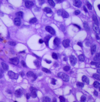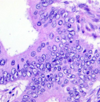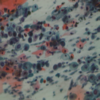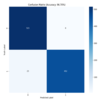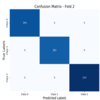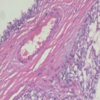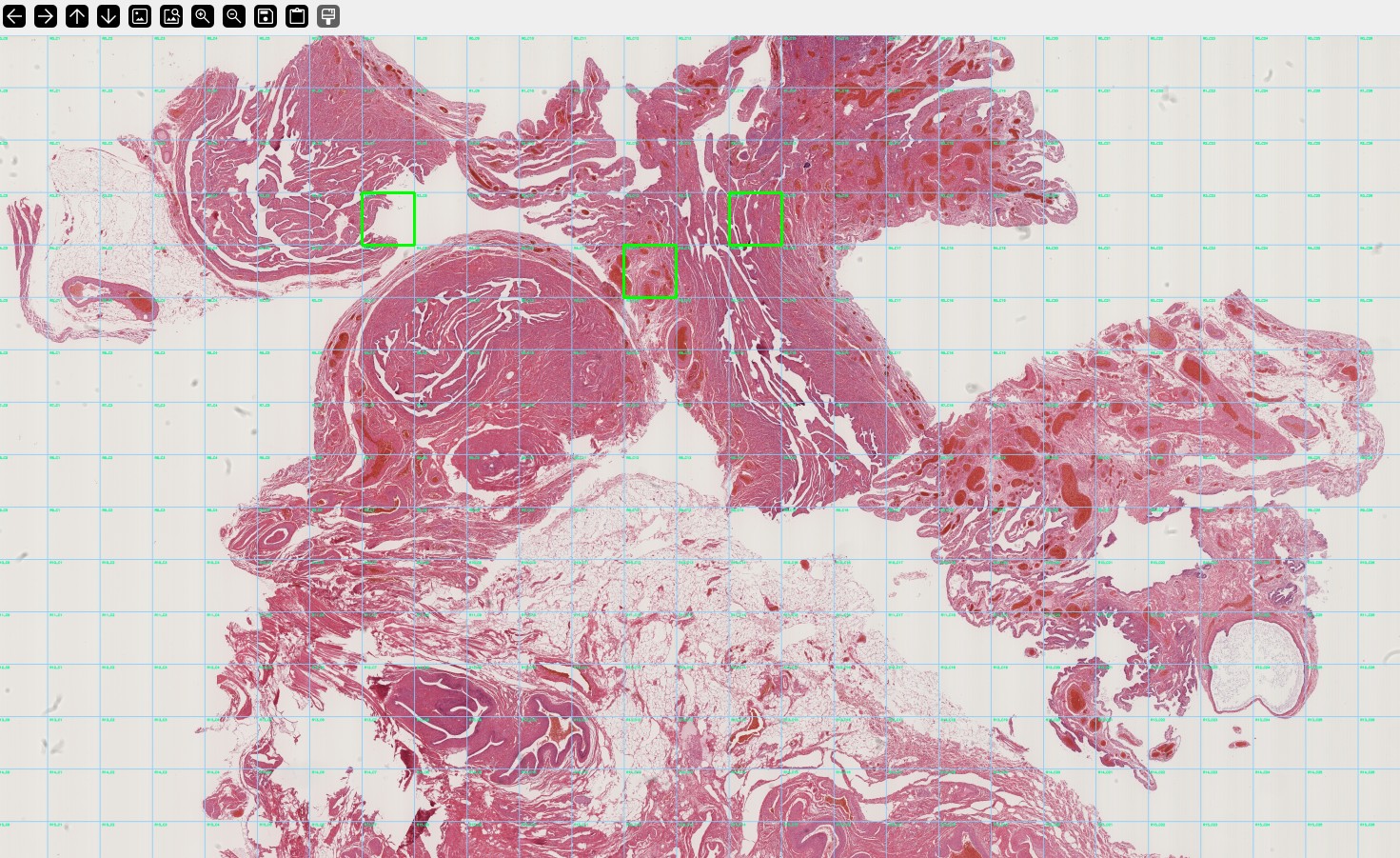To revolutionize healthcare through the power of AI, creating a future where diseases are detected early, treated effectively, and ultimately prevented.
 Detection of multiple cancers:
Detection of multiple cancers:
Thanks to our expertise in Artificial Intelligence, we can analyse millions of clinical data sets, MRI images or histopathological samples to detect different types of cancer
(lung, colon, pancreas, skin, etc.) at early stages, considerably increasing patients' chances of survival.
 Identifying the risk of pancreatic cancer:
Identifying the risk of pancreatic cancer:
The AIs developed by Skoven detect individuals at risk even before the onset of symptoms by analysing biomarkers in urine.
This enables early intervention, considerably increasing patients' chances of survival.
 Identification of pre-diabetics:
Identification of pre-diabetics:
Skoven has a family of algorithms for detecting and classifying individuals at risk of developing diabetes via analysis of critical biomarkers.
This enables early intervention, reducing long-term complications.
 Monitoring the progression of Alzheimer's disease:
Monitoring the progression of Alzheimer's disease:
Our AI is able to detect early signs of Alzheimer's disease and track its progression, providing doctors with valuable information to adjust treatments and slow progression.


 is a disruptive MedTech startup specialising in ARTIFICIAL INTELLIGENCE (AI) devoted entirely to the field of aiding the diagnosis
and early detection of tumours and other pathologies in order to significantly improve patient survival rates.
We have developped cutting-edge AI (Classification, Regression, Segmentation) models and Machine Learning algorithms to address critical challenges across a broad spectrum of diseases,
including: different types of cancer, Alzheimer's disease and diabetes.
is a disruptive MedTech startup specialising in ARTIFICIAL INTELLIGENCE (AI) devoted entirely to the field of aiding the diagnosis
and early detection of tumours and other pathologies in order to significantly improve patient survival rates.
We have developped cutting-edge AI (Classification, Regression, Segmentation) models and Machine Learning algorithms to address critical challenges across a broad spectrum of diseases,
including: different types of cancer, Alzheimer's disease and diabetes. a revolution?
a revolution? Detection of multiple cancers:
Detection of multiple cancers:  Expertise revolves around:
Expertise revolves around:



